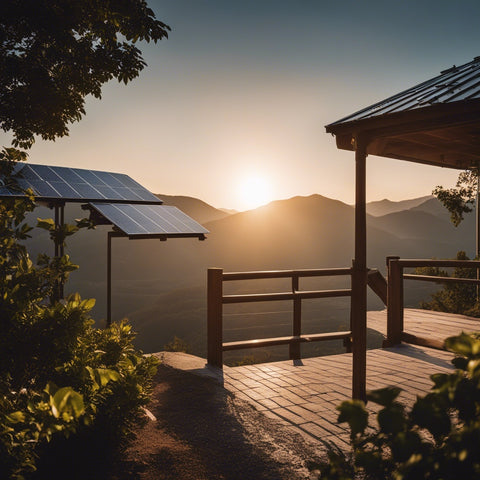- Home
- About Us
-
Products
- All Products
- Offer Zone
- Solar Street Lights
- Solar Flood Lights
- Solar Pillar Lights
- Solar UFO Lights
- Solar Indoor Lights
- Solar Garden and Decoration Lights
- Solar Wall Lights
- Solar Road Studs
- Solar Pathway Lights
- Solar Billboard Lights
- Solar Bollard Lights
- Solar Motion Sensor Lights
- Solar Camping Lights
- Accessories
- Refurbished Zone
- Solar Light ROI Calculator
- Track Your Order
- Warranty
- Contact
Menu



